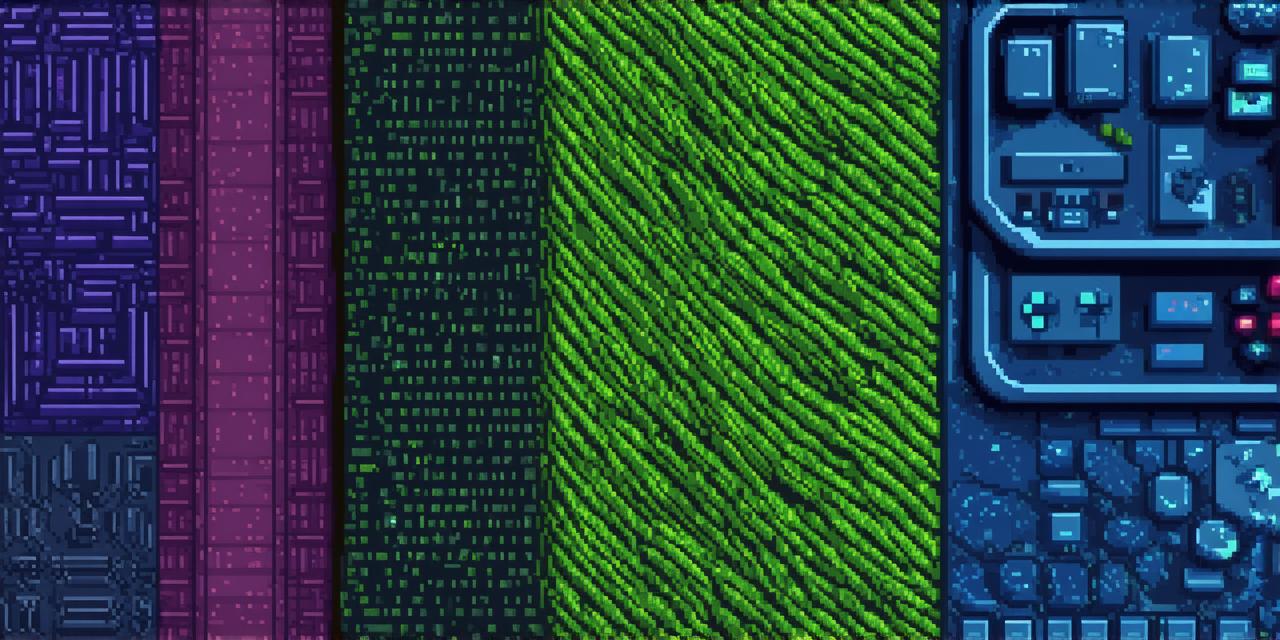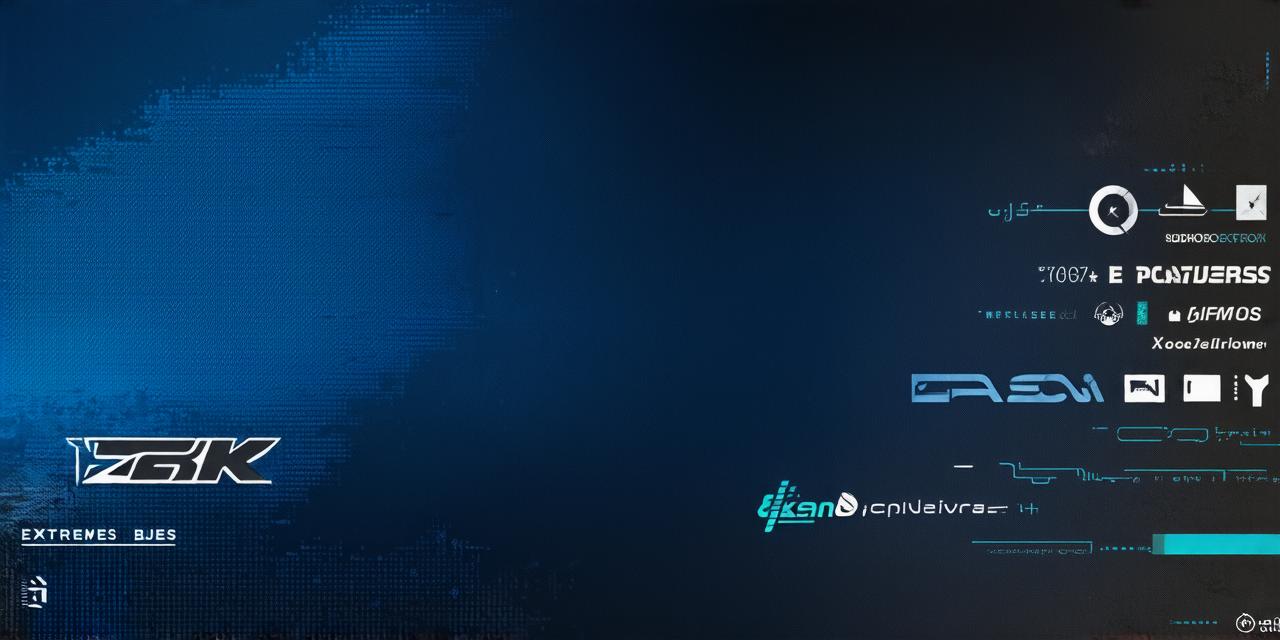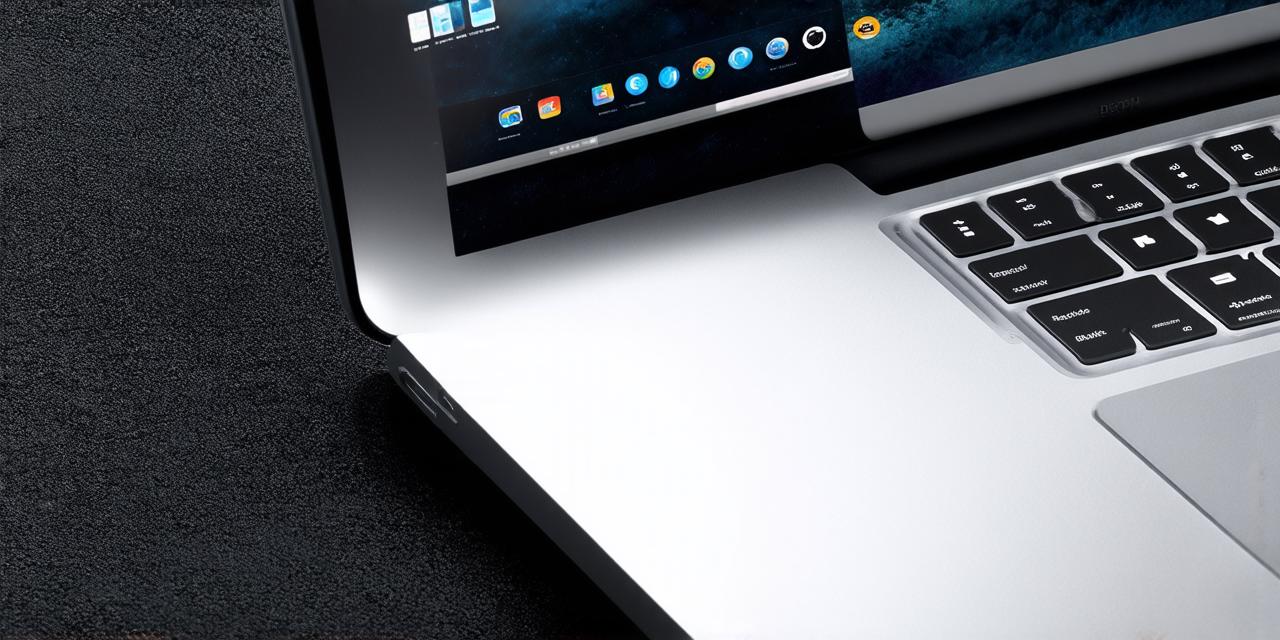Introduction
Before we dive into the details of game development, let’s first define what it is. Game development refers to the process of creating video games, including the design, programming, art, and sound elements. It requires a combination of technical skills and creativity to produce a high-quality game that players will enjoy.
If you have a passion for gaming and want to turn your love into a career, then game development is the perfect field for you. In this guide, we will cover everything you need to know to get started in the world of game development.
Skills Required for Game Development
Before you can start developing games, you need to have the necessary skills. Here are some of the key skills that you will need:
- Programming: In order to create a game, you need to know how to program. The most commonly used programming languages in game development include C++, Java, and Python. You will also need to learn how to use game engines like Unity and Unreal Engine.
- Art and Design: The art and design elements of a game are just as important as the programming. You will need to have a good eye for detail and be able to create visually appealing graphics. You should also have a good understanding of game design principles.
- Sound and Music: Games require sound effects and music to enhance the player experience. If you have a background in audio production, then this is a great skill to bring to game development.
Getting Started with Game Development
Step 1: Choose Your Platform
The first step in game development is to choose your platform. This could be anything from desktop computers to mobile devices or even gaming consoles like PlayStation and Xbox. The choice of platform will depend on your target audience and the type of game you want to create.
Step 2: Choose Your Game Engine
The next step is to choose your game engine. A game engine is a software framework that provides all the tools and resources you need to develop a game. Some of the most popular game engines include Unity, Unreal Engine, and Construct.
Step 3: Learn Programming

Once you have chosen your platform and game engine, it’s time to start learning programming. There are many online courses and tutorials available that can help you get started with programming. You can also find many resources on forums and social media where experienced game developers share their knowledge.
Step 4: Create Your Game Design
The next step is to create your game design. This involves creating a concept document that outlines the goals, mechanics, and features of your game. It’s important to have a clear idea of what you want your game to be before you start coding.
Step 5: Start Coding
Now it’s time to start coding. Depending on the complexity of your game, this could take anywhere from a few weeks to several months. It’s important to keep track of your progress and seek feedback from other developers along the way.
Case Studies in Game Development
Minecraft
Minecraft is a popular sandbox game that was created by Markus Persson, also known as Jeb.



